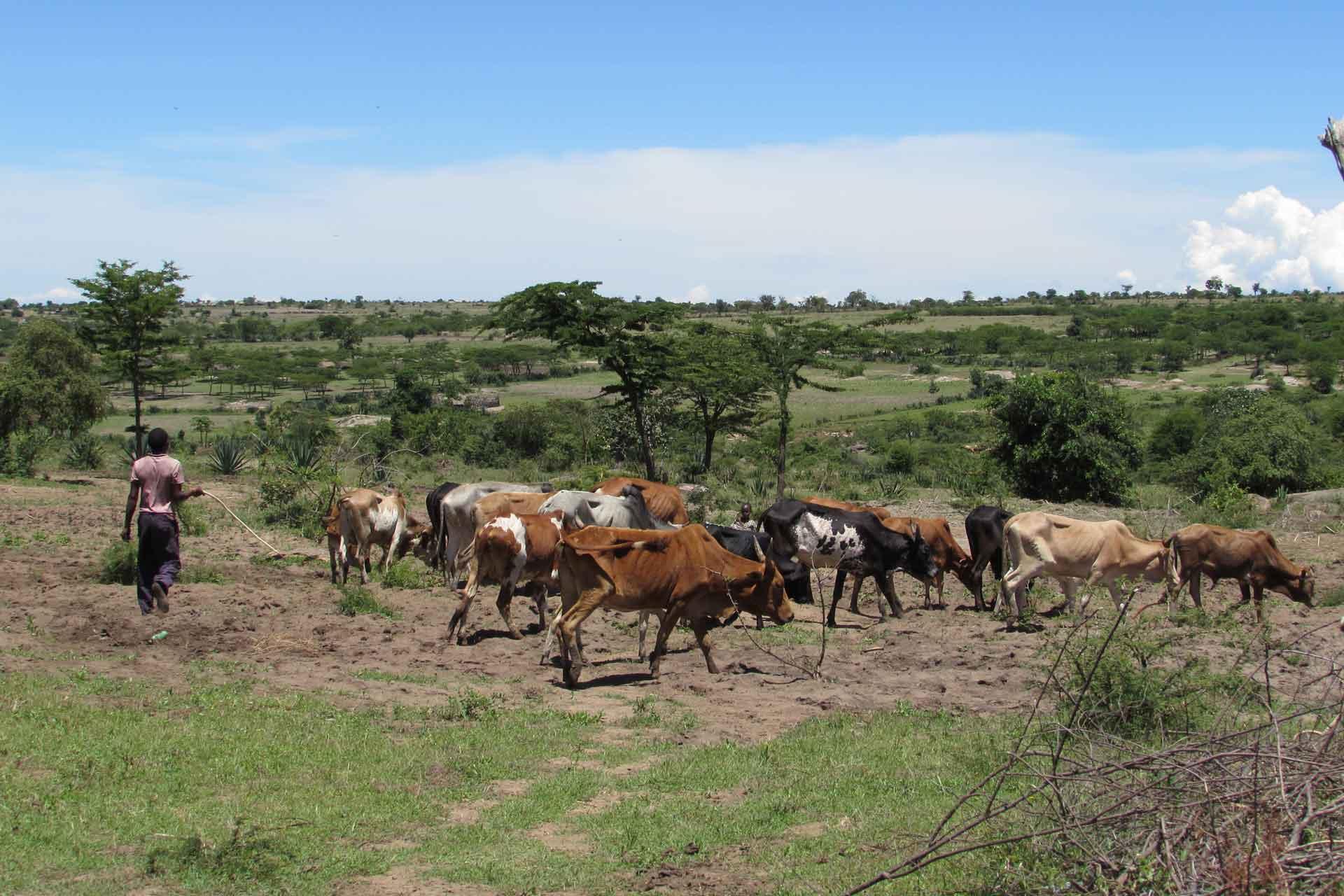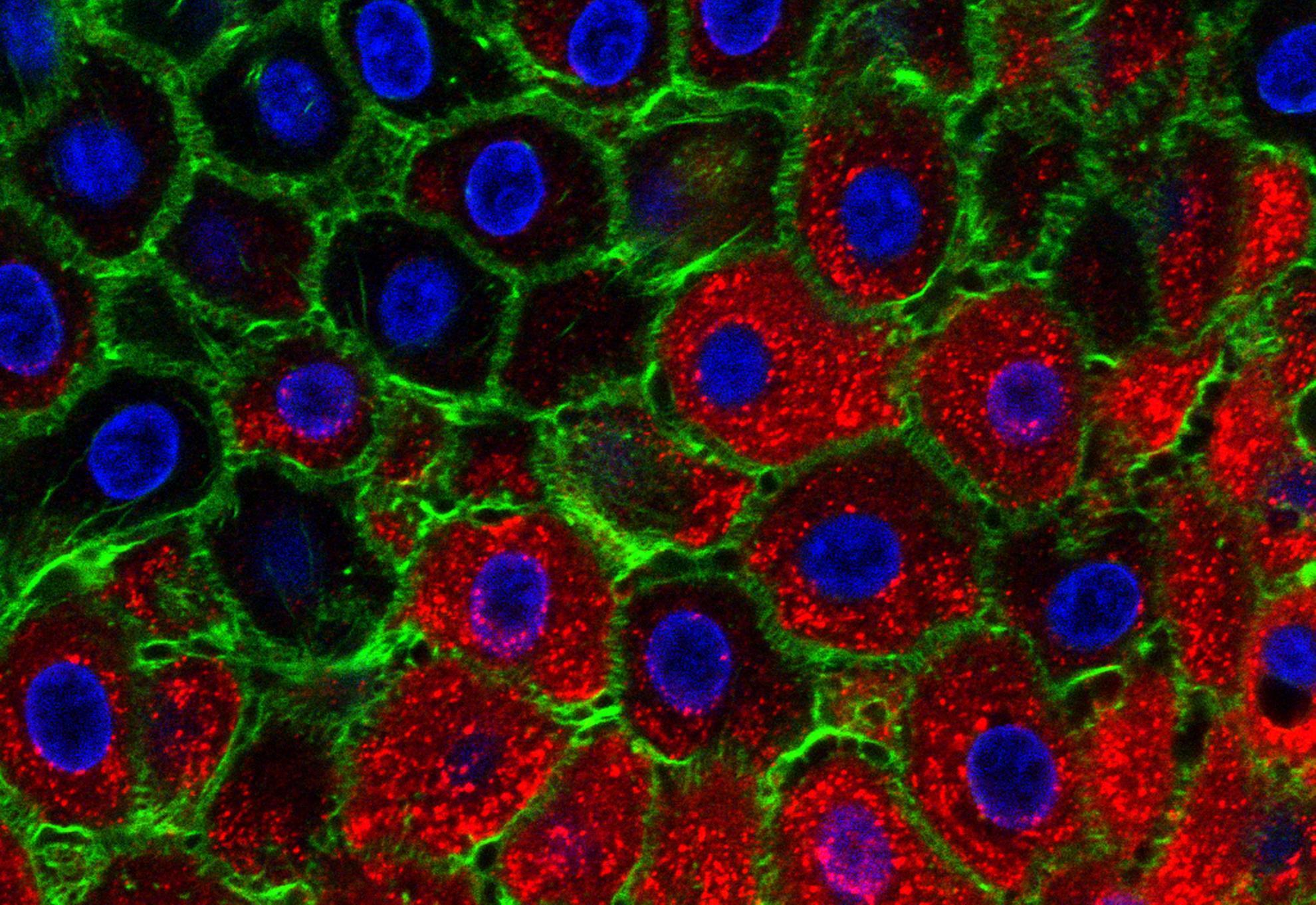Re-emergence of foot-and-mouth disease in the Republic of Korea caused by the O/ME-SA/Ind-2001e lineage
The O/ME-SA/Ind-2001e foot-and-mouth disease virus (FMDV) lineage is a pandemic strain that has recently become dominant within East and Southeast Asia. During May 2023, this viral lineage spread to the Republic of Korea, where 11 outbreaks were detected on cattle and goat farms located in Cheongju and Jeungpyeong. Infected animals displayed typical FMD signs including vesicular lesions with drooling and anorexia. Molecular diagnostic testing and genetic analysis (VP1 sequencing) showed that the causative FMDVs belonged to the O/ME-SA/Ind-2001e lineage and shared the closest nucleotide identity (97.95-99.21%) to viruses that have been collected from Mongolia and South-East Asian countries. Phylogenetic analyses showed that these sequences were distinct to those collected from the previous Korean O/ME-SA/Ind-2001e lineage outbreaks in 2019, demonstrating that these cases are due to a new incursion of the virus into the country. Prompt implementation of emergency vaccination using antigenically matched serotype O vaccines (r1 value: 0.74-0.93), together with intensive active surveillance on farms surrounding the infected premises has successfully prevented further spread of FMD. These recent FMD outbreaks reinforce the importance of research to understand the risks associated with transboundary pathways in the region, in order to reduce the possibility of a further reintroduction of FMD into the Republic of Korea.

